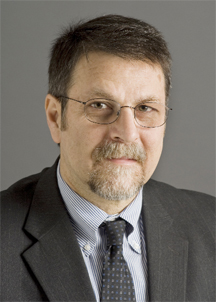By Hasan Tuluy
World Bank Vice President
for Latin America and the Caribbean
Economic and social development has emerged as the twin pillars of Latin America and the Caribbean’s strategy to create a more equitable, modern society. After decades of struggling to find the right balance between growth and equality, the region has leaped forward, lifting more than 73 million out of poverty while increasing wealth, posting growth rates of 4 per cent on average and becoming a source of stability in the midst of global uncertainty.
These tremendous gains, however, could be at risk if they are not made environmentally sustainable. To do so the region is grappling with the tradeoffs resulting from the need of continued growth to fight poverty and preserving natural resources for the productive use of future generations. This is the essence of the inclusive green growth agenda.
Latin America and the Caribbean region (LAC) could become a victim of its own economic success. The region’s bonanza of recent years has led to


